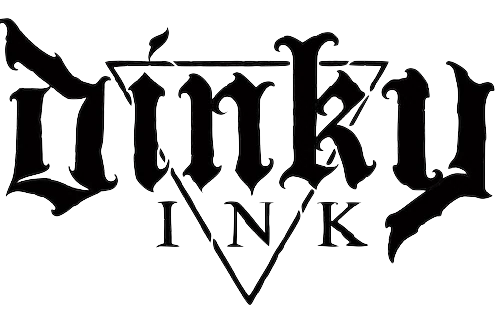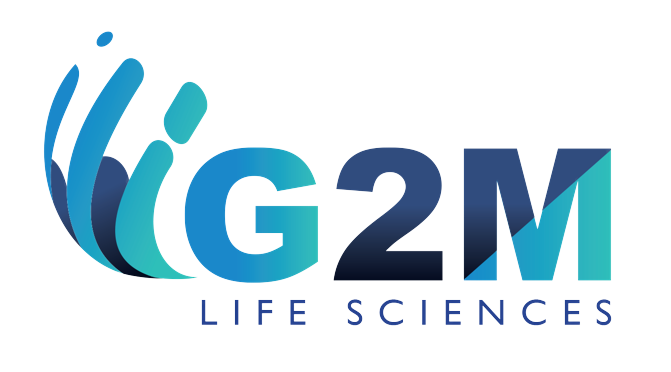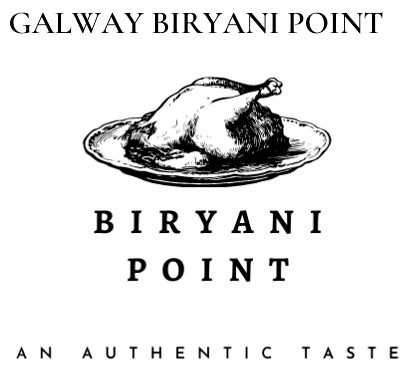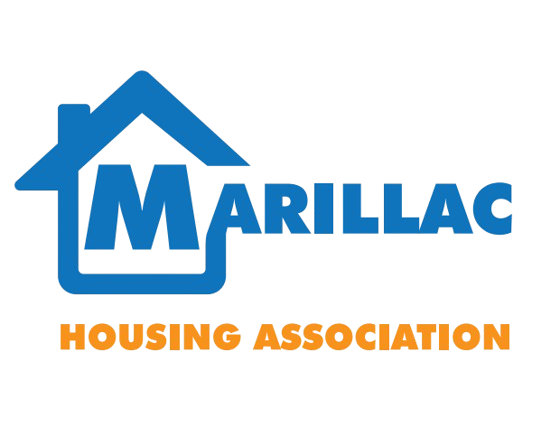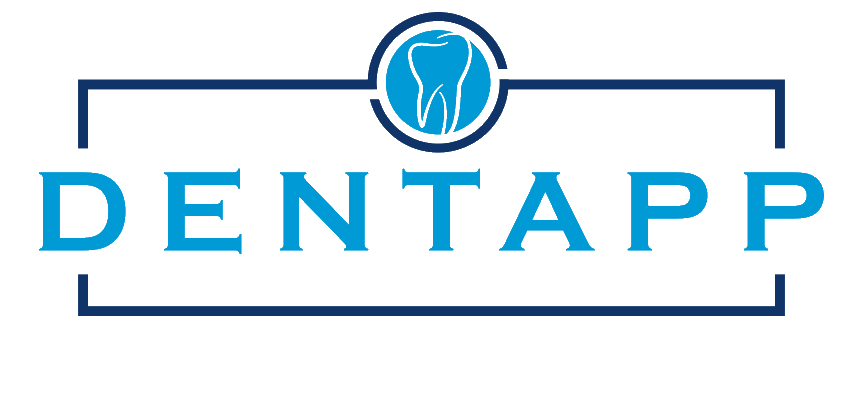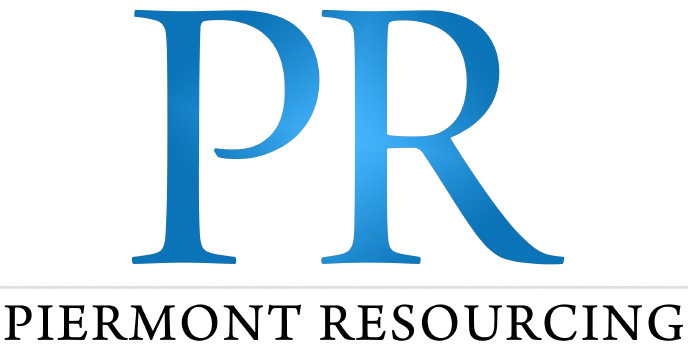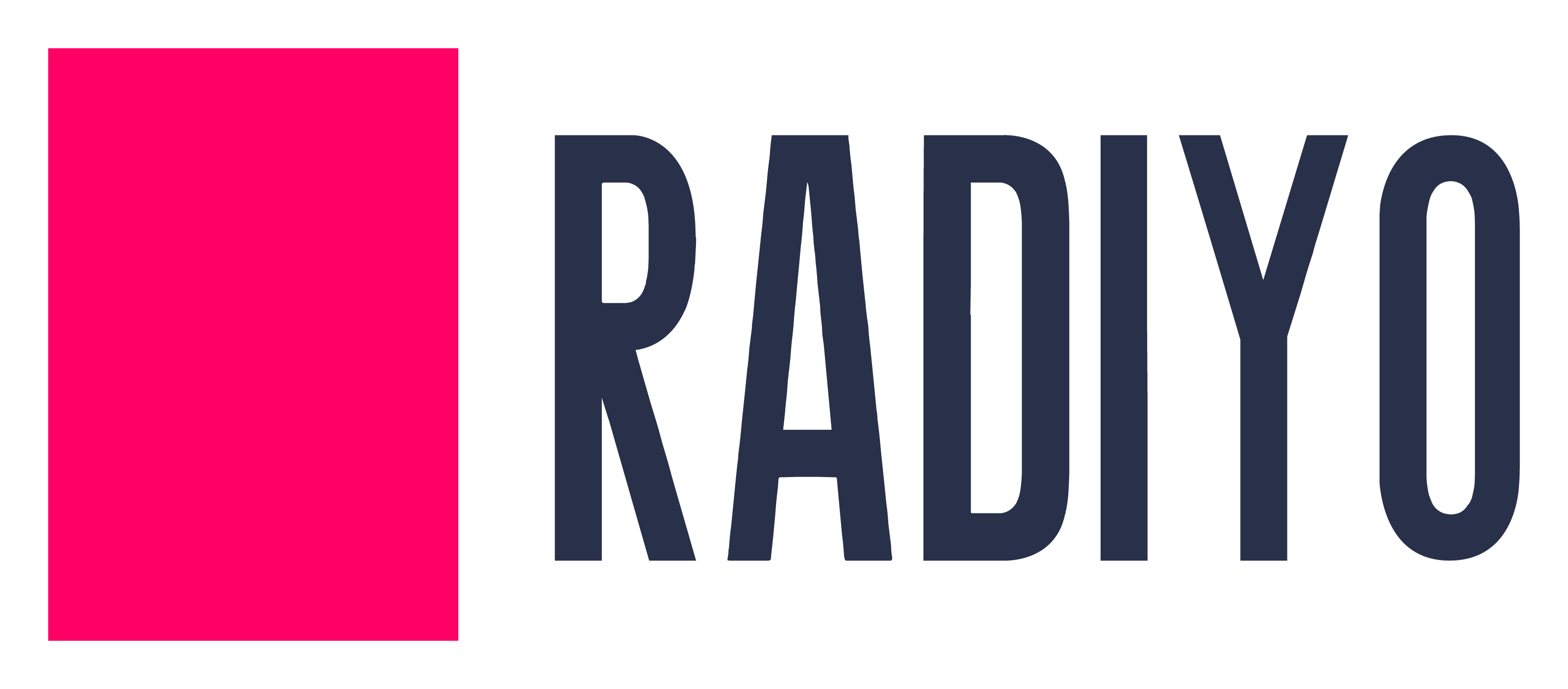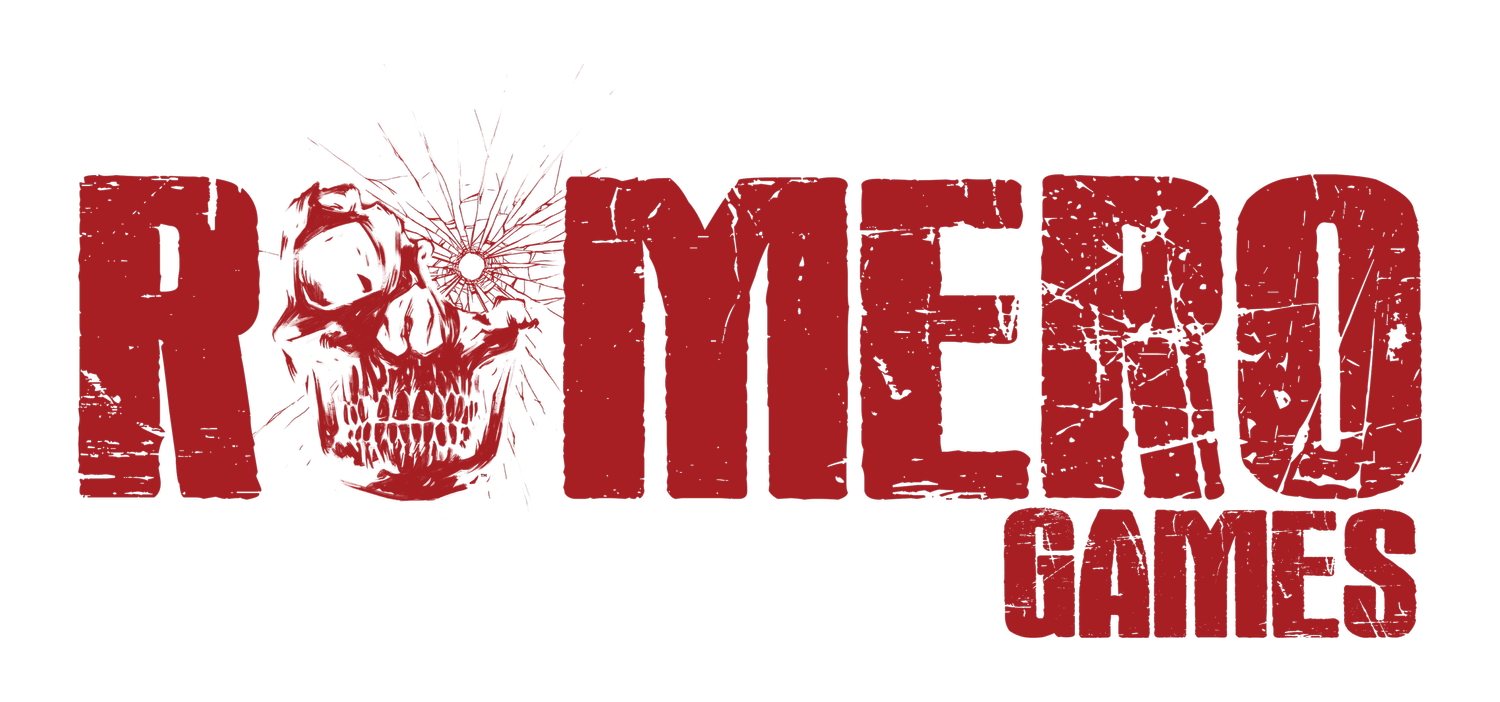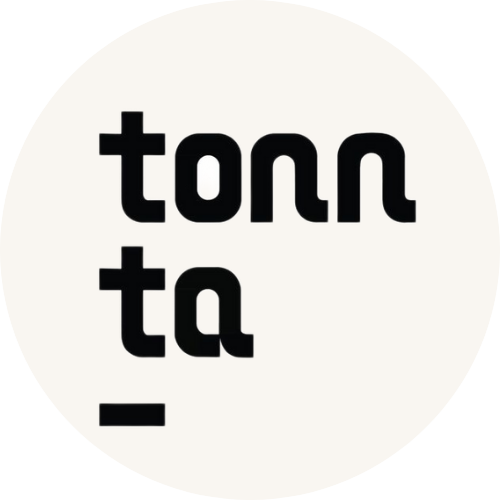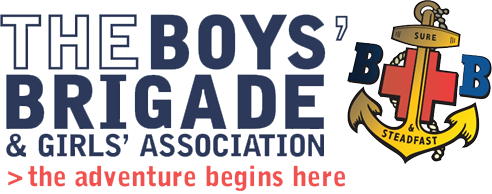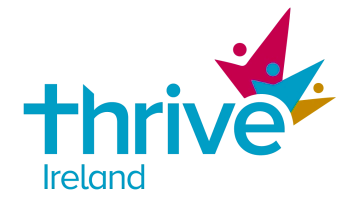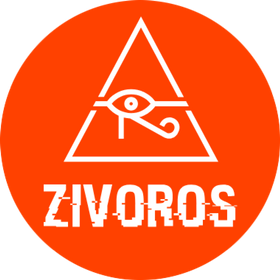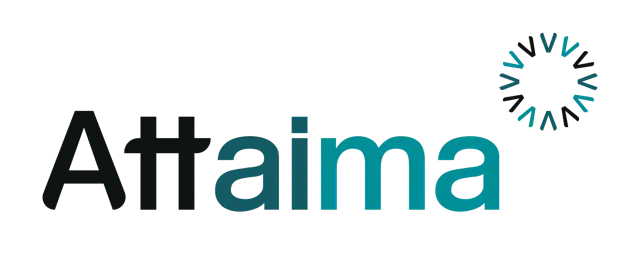Capital Gains TAX (CGT)
Bradan Accountants, an Irish company with offices in Dublin and Galway offer a range of accounting services, including assistance with Capital Gains Tax (CGT).
Capital Gains Tax is a tax that is charged on the profit made from the sale or disposal of an asset, such as property or shares. The tax is calculated on the difference between the sale price and the purchase price of the asset, less any allowable deductions.
CGT can be a complex area, with different rules and rates depending on the type of asset being sold and the individual’s tax status. That’s why it’s important to seek professional advice from qualified accountants like Bradan Accountants.
Quick Information
Ready to optimise your financial strategies?

Our CGT Services
At Bradan Accountants, we offer a range of CGT services to help you manage your tax obligations and maximise your profits. Our team of experienced accountants can provide expert advice on:
- CGT calculations: We can help you calculate your CGT liability accurately, taking into account any allowances or exemptions that may apply.
- Tax planning: We can assist you in planning your sales to minimise your CGT liability. This could involve structuring your transactions in a tax-efficient manner, or using tax reliefs or exemptions where available.
- Compliance: We can help ensure that you meet all of your CGT compliance obligations, including filing your tax returns on time and paying any tax owed.
Why Choose Bradan Accountants?
At Bradan Accountants, we have a wealth of experience in providing CGT services to individuals and businesses across Ireland. Our team of expert accountants are up-to-date with the latest tax legislation and can provide tailored advice to suit your specific needs.
We pride ourselves on providing a friendly, efficient and cost-effective service, and we always aim to achieve the best possible outcome for our clients. So, whether you are looking to sell an asset or need help with your CGT compliance obligations, Bradan Accountants can help.
Capital Gains TAX (CGT) Advice and Relief Services.
Bradan Accountants has a wealth of experience in dealing with Capital Gains Taxes (CGT) and can help you take advantage of the reliefs available to you. We offer advice on making capital gains tax efficient and effective.
The sale or transfer of assets may incur a tax liability under a variety of tax headings, including Capital Gains Tax, Capital Acquisitions Tax, Stamp Duty, and VAT. However, there are numerous tax reliefs available to decrease or lessen the tax liability, so there is the possibility for outstanding tax planning in this area.
Our tax team has extensive experience in identifying these tax planning opportunities and advising on areas such as wealth transfer to the next generation, structuring of family business transactions, use of trusts, cash extraction from family business, tax implications of buying and/or selling real estate, tax implications of receiving gifts and inheritances, and many others.





















